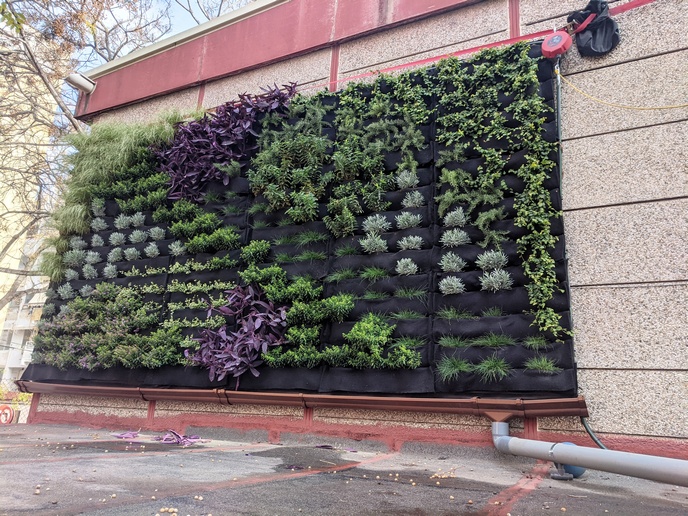Web-based platform for collaborative design and development of smarter city services
The IoE is one of the dominant drivers transforming the way people manage and live in urban areas. This new connected approach involves physical spaces and objects. It provides a massive opportunity for creating new smart services and businesses, especially in logistics, transport, environment, security and well-being. However, the IoE is being held back because of the lack of common standards, a fragmented marketplace, and a lack of ways to systematically test and introduce new solutions. The EU-funded SELECT for Cities(opens in new window) project developed a large-scale, city-wide IoE platform to facilitate collaboration and open innovation. The platform enables collaboration between departments and cities and testing of IoE services. It’s based on an open and modular approach, and supports cloud-based testing.
Spurring innovation through new public procurement approaches
The SELECT for Cities team used pre-commercial procurement (PCP) as a basis to stimulate city innovation and R&D. PCP enables cities to procure competitive R&D for new innovative solutions from multiple suppliers through a competitive, three-stage approach. “This is a new type of procurement that’s different from traditional methods in that it involves a series of three competitive phases,” explains project coordinator Hugo Gonçalves. As each phase is evaluated, the number of participating organisations decreases while funding levels increase. The phases range from design to prototyping and testing of solutions. “This competitive approach challenges industry from the demand side to develop innovative solutions for public sector needs, while enabling procurers to compare alternative potential solution approaches in order to filter out the best possible solutions that the market can deliver.” The innovative PCP process created products that are actually needed by cities. In preparation for the PCP, 10 companies/consortiums entered Phase I following a global call for tenders. They produced solution scoping reports for their potential platform solutions. Five successfully proceeded to Phase II by producing platform prototypes that used open standards to visualise and analyse city data aimed at generating actionable intelligence. Three prototypes made it to the final phase where the innovative platforms were tested in real-life settings in Antwerp and Helsinki. “The developed solutions exceeded expectations, showing that they not only meet complex technical standards and requirements, but also a variety of end-user needs,” observes Gonçalves. All three contractors’ solutions are now being commercialised in Europe and South America. “This is clear proof of the important benefits of such innovative procurement processes for both city buyers and contractors.”
Creating large-scale city innovation labs
The SELECT for Cities PCP was the first in the world to focus on an IoE platform in helping cities bridge the silos in their smart information systems. It also enabled third parties to develop innovative service solutions using AI and other enabling technologies by tapping into cities’ smart infrastructure, data resources, IoT sensors and networks, and interfaces. A handbook(opens in new window) presents results, lessons learnt and materials to provide inspiration for cities on how to benefit from PCP. “SELECT for Cities is helping cities collaborate in a sustainable, inclusive and equitable manner,” concludes Gonçalves. “Once understood, the PCP is a good tool that can be used in different domains and easily replicated.”







